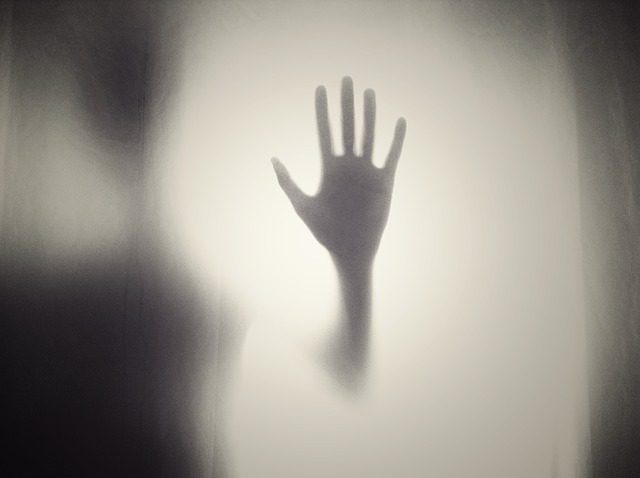I am writing a book about family values–not the James Dobson kind, that are dependent on your family being a man+woman+2.5 kids+terrier. I’m writing about the kinds of values that do not rely on compliance with rigid gender roles, or a particular expression of “right belief.” They are values that each unique family and faith community can discuss, apply, and live with intention, to find meaning and greater connection.
The value that I’m struggling to articulate today is: justice. We say it’s important. We cite scripture that tells us it’s important. But we do not know how to talk about it. Especially when our justice system itself is so entrenched in a toxic quagmire of racism and violence. Especially when most of us have no idea what its like to be on the receiving end of this systemic dysfunction.
In the past 48 hours, 2 black men have been killed by police officers in America. Sadly, that statistic is not extraordinary. What is extraordinary is that both of these latest shootings were caught on tape. Yes, investigations are still pending and some details are unknown. But it appears in both cases that the victims–it is safe to call them victims–did nothing to suggest they were a threat to the officers, or anyone else.

I know that most cops are good cops–that 99% of them wear their authority with care and compassion. Perhaps that is why the few (although it doesn’t seem like so few these days) who abuse that authority so rarely face consequences. Perhaps that is why, in the wake of an incidents like these, the public is so quick to say “there must have been a reason.” Why the media is so quick to dig up a years-old mug shot of the victim. And why fellow officers rush to defense, saying “You don’t know what it’s like out there, to have your life on the line every day.”
They’re right, I don’t. But, I’m coming to realize, black people do. People of color know, and have always known, that they are in danger every day of being mistaken for a dangerous criminal; that a busted tail light, or a legally-concealed weapon, or an openly carried toy gun, can get them shot dead in the street, in front of their children.
So yes, today, I am struggling to talk about justice. What it means, what it looks like, who’s in charge of enacting it. Because I don’t know what it’s like to be a black person in this country. I do not know what the solution is, but it has to be muli-layered. The officers who take innocent lives, when their own are in no clear danger, must be prosecuted–we can’t continue to let these incidents slide, assuming “they must have had a reason,” or “that guy probably did something bad at some point and had it coming.” (Which is clearly implied when the media dredge up old mug shots).
But more than just prosecuting the events themselves, we have to address the hateful narrative that this nation has harbored against its people of color for centuries. Far from being a trickle from the ancient past, it is a rushing river–the floodgates of which have been opened by this year’s presidential campaign. Trump and his minions did not invent this language, this culture of micr0- and not-so-micro aggression; but they have given it a voice and a venue that it has not seen in decades. And if you think I’m making that up, then check how many times he has shared tweets with members of the KKK. That is no accident. That is a campaign strategy.
So what do we now? Other than hashtag and “demand justice” and not vote for Trump? I do not know. If I did, my book would be done and the world would be a better place. I’m struggling with this one. My hope is that you are struggling too. Because there is transformative power in the struggle.
Meanwhile, my friend Chris Furr, Pastor of Covenant Christian Church in Cary, North Carolina, had this to say. I’ll leave you with his words, and with the struggle:
Watched two videos yesterday that I would have preferred not to see. Alton Sterling’s son crying for his Daddy in front of a crowd of reporters, and the second eye witness video of the shooting. If you are like me, you do not want to watch. This is precisely why you must.
It is easy to pass by hurt you think is not yours to feel. A lawyer once asked Jesus how he could know who his neighbor is, and in response Jesus told a story about a man left for dead along the road, while others passed by. Perhaps some kept going because they would not see that treating some as less than human makes us all less than human. Perhaps they seized the privilege of not seeing, which is the privilege of those not left by the road themselves. This is its own kind of death, a spiritual one.
In the end, Jesus turned the question around. “Which do you think was a neighbor to the man?” The question isn’t about who your neighbor is. That question assumes there is pain or injustice that can be ignored, if the victim is not in your proximity.
The question is, what kind of neighbor are you–to those who have been left for dead?
Today, God help us, there is another video of another left for dead. So I am wondering, now: How much longer will we pass by?
#AltonSterling #PhilandoCastille
Lord, in your mercy…help us to cross the road.












